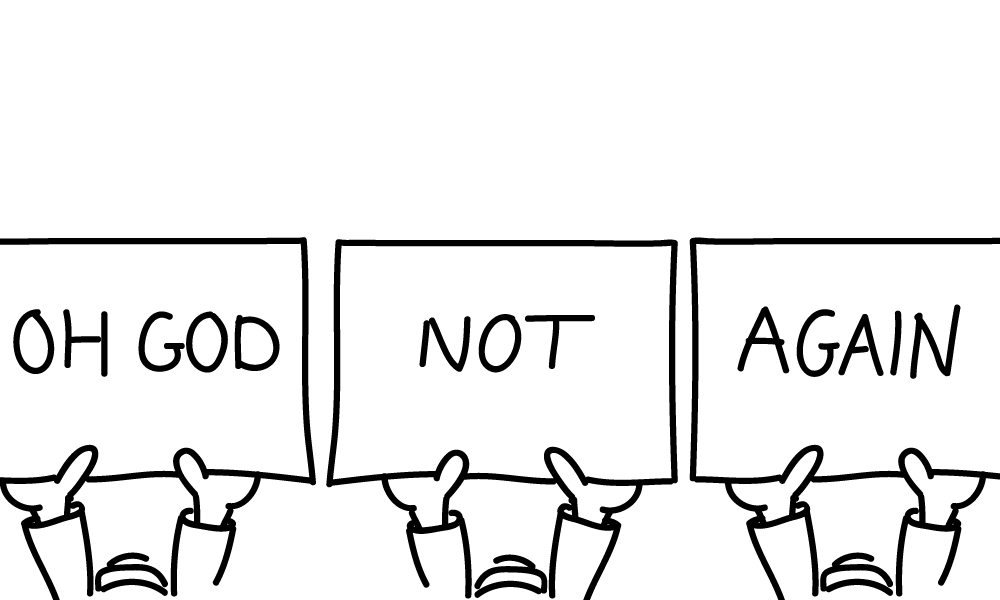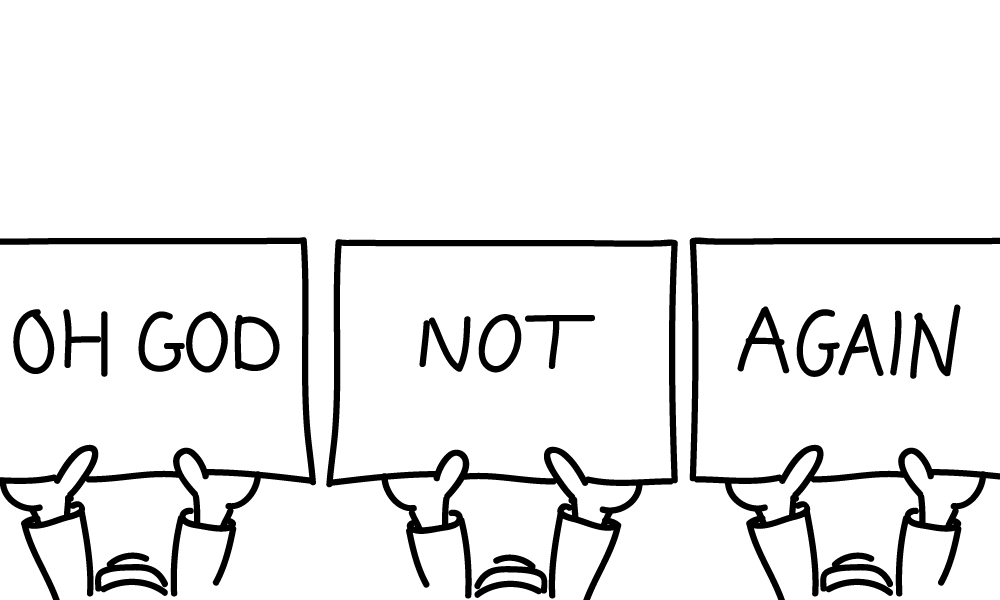Verbatim
Ok, so yes, Paul Ford has a lock on this spot, particularly on the occasion of his returning to longform writing at Bloomberg. And yes, this one’s about Bitcoin, sorry. But this isn’t so much an explainer you don’t need as the kind of warm, optimistic and smartly critical take on what he calls “a set of rules, defined by software, that has become one of the world’s weirdest games” that nobody can pull off quite like him.
In the past, building a market required users, products, all that mess—farmers taking their plump pigs to market. What we have now is a means of spinning up any number of auctions, a method for the mass manufacture of middlemen. This is the destiny of Silicon Valley. And with ICOs and Bitcoin exchanges, we have a marketplace to value marketplaces. What in Galt’s name could be wrong with that? We’ve never (surveys vast tracts of empty Florida homes) had trouble before.
America understands new abstractions by financializing them. It’s how our culture absorbs information. Taxicabs, spare bedrooms, public education—we see markets everywhere. Bitcoin and the blockchain came prefinancialized, intended as a replacement for central banking. But what if the most important thing the blockchain offers isn’t a replacement for money but a new way to build culture?

Things
The thread that runs between our current political reality and the history of reality TV is obvious enough. So instead, let’s stick to the source material: 22 seasons of The Bachelor. At first, we maintained emotional distance through ironic consumption. With repetition, that separation became exhausting, so we allowed ourselves sincere enjoyment. With repetition, that reflection too became something to consume—“like stealing a glance at oneself in the mirror while sobbing.”
So critique is welcomed when it entails consumption. Whichever justification your prefer—whether it be irony or self-care—your voice will be accommodated as long as you also reinforce the primacy of the market. Of course, we’re talking again about The Center for Humane Technology. LibrarianShipwreck takes a close reading of their messaging to reveal how it is constructed by this logic to set the limits of acceptable critique.
East Asian and Western conceptions of originality are different. So different, in fact, that in the art and heritage worlds (there’s a heritage world, believe me), debates of a philosophical, ship-of-Theseus nature abound. “[In the Far East] the copy is more original than the original, or the copy is closer to the original than the original, for the older the building becomes, the further it is from its original state. A reproduction would restore it, as it were, to its ‘original state.’”
As with many a social science study, we want to know more about the quality of the data, how terms were defined, etc. Still, this effort to model global wealth distribution in order to eke out the characteristics of the superrich has us pretty damn interested. (Spoiler: it's luck.)
Speaking of, here’s Town & Country’s official guide on how to speak, act and shop like a cryptocrat.
Though the anti-gentrification protests spearheaded by Los Angeles’s Defend Boyle Heights movement (which are spreading far, even showing up this week near these parts in humble ol’ Hamilton, Ontario) have their roots in genuine working class protest, reports focus too often on the beard-waxed avocado-toast hordes as the visible and punchable face. If protesters want to be something other than a new breed of black-clad NIMBY, as this excellent longform report from Andrew Romano and Garance Franke-Ruta at Yahoo! Finance (yeah, really) lays it out, they might need to make alliances with some of those they march against, in what is “a clash between the economic forces transforming our cities and a young, diverse, debt-saddled generation that is losing faith in capitalism itself.”
Zeynep Tufekci on YouTube as the “Great Radicalizer,” and a recommendation algorithm that, whether you’re searching for information on politics or cheesecake recipes, relentlessly pushes you further, until you fall into the extremist abyss (we swear we have not yet fallen into the extremist cheesecake abyss, but all we’re saying is, the facts are out there if you’re willing to see them).
Edison Research’s annual Infinite Dial report is about the best data we have on how our listening habits are changing. The 2018 report dropped this week, and it’s worth perusing its lovably shitty powerpoint pages to get a good sense of how podcasts and smart speakers are actually existing out there in the real world where, despite good incremental growth of the new things, Pandora is still the leader in online radio, and CDs and AM radio are still how most people listen in their cars.
The Institute of Gremlins 2 Studies is the only good thing left on Twitter. Oh, that and calling out Farhad Manjoo for being the worst, which he has never not been.
If you enjoyed this letter, you might also enjoy: obnoxiously telling your friends about it by dropping this link on their Facebook walls, Instagram posts, or simply by writing down the URL on a paper airplane and throwing it out the window. Marketing favours novelty.





